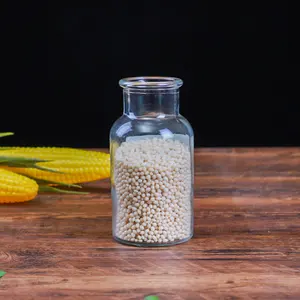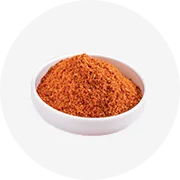Exploring Corn Starch Resin
Corn starch resin is a versatile biopolymer derived from naturally occurring starches found in corn. This material stands at the forefront of eco-friendly alternatives to conventional plastics, offering a sustainable option for various industries.
Types and Applications
There are multiple forms of corn starch-based bioplastics, each tailored for specific uses. From flexible films that are ideal for packaging to rigid blends used in injection molding, the adaptability of corn starch resin is vast. Its applications span from agricultural products to disposable cutlery, indicating its significant role in reducing plastic waste.
Material Features and Advantages
Corn starch resin is known for its biodegradability, a key feature that distinguishes it from synthetic polymers. This resin decomposes naturally, which means products made from biodegradable corn starch contribute to a reduction in landfill waste. Additionally, the use of corn starch resin supports a lower carbon footprint during production, aligning with global sustainability goals.
Product Specifications
When considering corn starch resin for manufacturing, it's essential to understand its properties. The material typically exhibits good thermal plasticity and can be processed using standard plastic machinery. While it's not as durable as some synthetic plastics, corn starch bioplastic is suitable for short-life products, which are consumed and disposed of quickly.
Environmental Impact
The environmental benefits of corn starch polymers are significant. By opting for this renewable resource, businesses contribute to a circular economy, where products at the end of their life cycle can be composted and returned to the earth, thus minimizing environmental impact.
Choosing the Right Supplier
Selecting a supplier for corn starch resin on Alibaba.com involves careful consideration of the product's specifications and the supplier's credentials. It's advisable to review the certifications and achievements of sellers to ensure that the material meets the required standards for your application.







































 浙公网安备 33010002000092号
浙公网安备 33010002000092号 浙B2-20120091-4
浙B2-20120091-4